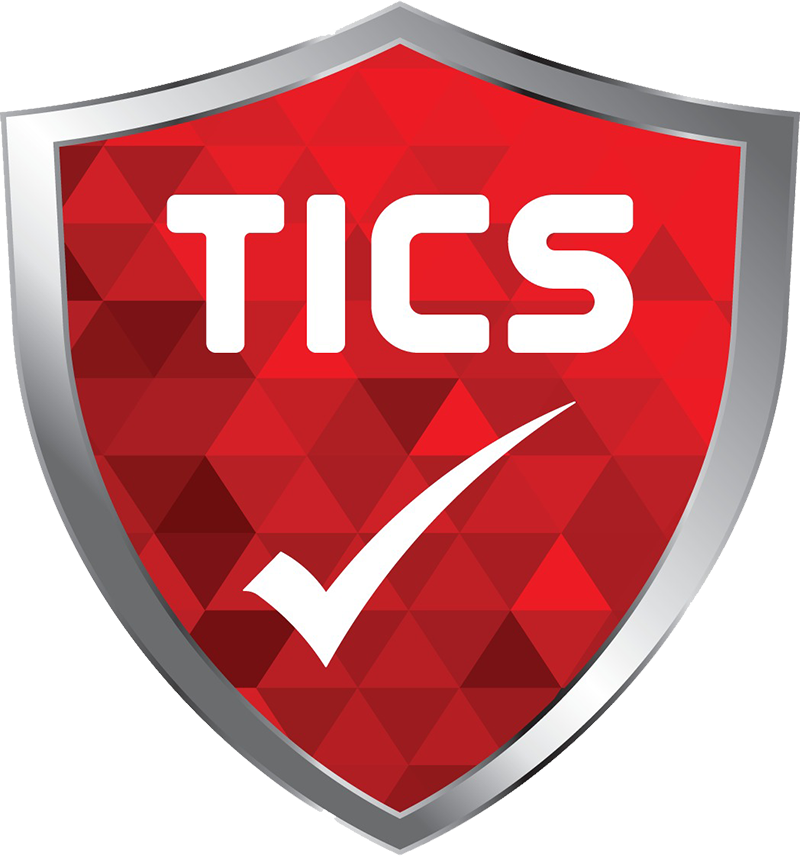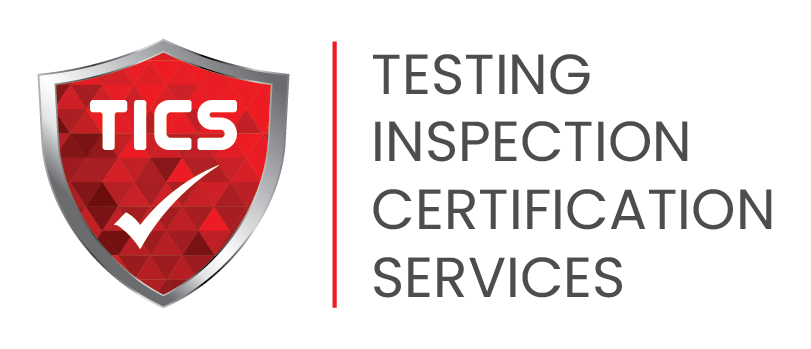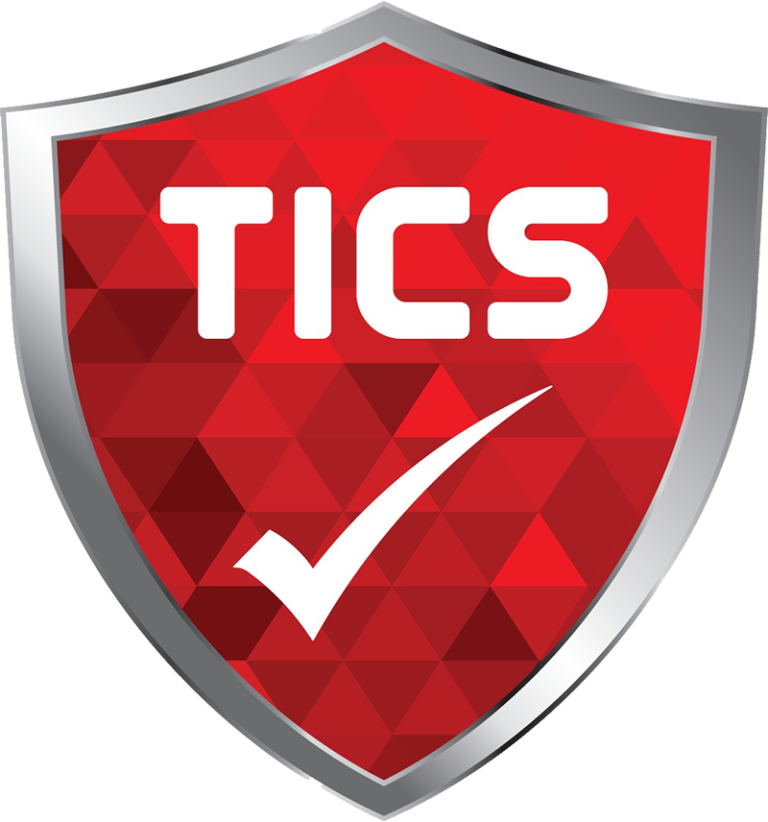Product Inspection Services
Pre-Shipment Inspection (PSI)
Pre-Shipment Inspection or PSI inspection is to ensure that products are manufactured to Customer’s specifications and packaged ready for dispatch. It is a method of quality control that helps you assure the quality of finished products.
Pre-Production Inspection (PPI)
Pre-Production Inspection (PPI) is the next step after supplier identification and qualification.
During Production Inspection (DPI)
In-Place Inspection (DPI) is an on-site production inspection, plus an in-process inspection
when 20-50% of your production is complete and packaged for shipping.
Container Loading Inspection (CLI/CLS)
Container Loading Inspection Service is to ensure that your finished goods are properly handled as safe shipping when loaded in containers and shipped to their final destination. Container Loading Inspection (CLI/CLS) is a type of cargo inspection before it is loaded into the container.
Pre-Shipment Inspection (PSI)
Pre-Shipment Inspection or PSI inspection is to ensure that products are manufactured to Customer’s specifications and packaged ready for dispatch. It is a method of quality control that helps you assure the quality of finished products.
Pre-Shipment Inspection is a systematic inspection of randomly selected samples from the shipment, usually performed when 100% of the products are complete and at least 80% of the order is packed.
What are the Advantages of Pre-Shipment Inspection Services?
- Before shipping, make sure your order has been produced correctly to specifications,
- Verify quality at source and avoid paying for defective goods.
- Ensure the function and safety of products to avoid health and safety hazards.
- Find out if shipping marks, packaging and labeling are correct.
- Find out if the product is working properly.
- Avoid product returns and protect your brand image.
- Reducing import risks; you are importing from a supplier that is very far from abroad, especially from abroad.
Pre-Production Inspection (PPI)
Pre-Production Inspection (PPI) is the next step after supplier identification and qualification.
Generally, it is carried out after the raw materials are received, whether the factory can start production and all product specifications and quality requirements are understood.
The inspector will visit your supplier’s manufacturing facility to perform a physical inspection of raw materials, components and other preparations.
Why Do You Need a Pre-Production Inspection (PPI)?
- It is important to verify if the raw material quality is up to the contract, it will also help you verify the production with all your interests.
- Is this new supplier well prepared for production?
- Where are the goods produced?
- Is everything well prepared before production starts?
- Are my requirements and specifications (material, color, etc.) well understood?
- Is the factory well prepared to meet my expectations?
- Are there any invalid unexpected delays and costs?
Sevkiyat Öncesi Muayene Hizmetinde Prosedür Adımı
Adım 1
Muayene Tarihini Koordine Edin
Ve Muayeneyi Fabrikada Gerçekleştirin
Adım 2
Miktar Doğrulaması
Adım 3
Rastgele Seçim
Adım 4
İşlev Ve Güvenlik Testi
Adım 5
Ambalajlar, Paketleme, Ürün Uygunluk Doğrulaması
Adım 6
Taslak İnceleme Raporu Ve Ayrıntılı İnceleme Raporu
During Production Inspection (DPI)
In-Production Inspection (DPI)
In-Production Inspection (DPI) is an on-site production inspection, plus an in-process inspection when 20-50% of your production is complete and packaged for shipping.
It can identify deviations, product issues early in the production cycle and often provides a first-time quality check of finished products. It ensures that all processes and products are produced according to agreed standards and timeframes and is also done as a follow-up inspection during Pre-Production Inspection with quality issues.
Why Do You Need an During Production Inspection (DPI)?
As an important part of the quality control program, the DPI audit can help you:
- Ensures that the mass production quality is the same as the gold sample
- Allows you to take necessary corrective actions before there are too many defects
- You are aware of the percentage of defects in finished products
- It is the full expression of production planning
- You avoid unnecessary costs and delays
Container Loading Inspection (CLI/CLS)
Container Loading Inspection Service is to ensure that your finished goods are properly handled as safe shipping when loaded in containers and shipped to their final destination. Container Loading Inspection (CLI/CLS) is a type of cargo inspection before it is loaded into the container.
A Container Loading Inspection is usually performed at the factory’s warehouse or the shipper’s warehouse and is conducted after a Pre-Shipment Inspection (PSI).
During the loading inspection, our inspector not only supervises the entire loading process, but also ensures that the right products and the right quantity are loaded. He also supervises the correct packaging and quality of the goods. It is the last opportunity to confirm compliance with your requirements in terms of quantity, variety and packaging.
Why Do You Need Container Loading Inspection (CLS) Service?
Containers have different standard sizes. A container loading is a shipment that is filled into a container in bulk or by maximum volume or weight. If you pack cartons in containers, you will waste time and cost discussing where this problem came from and why it could not be avoided before shipping.
Sometimes tough handling and handling of containers cause problems that affect shipping quality due to broken holes or lack of weather protection, you’ll find water ingress from leaks and mold or rotting wood.
In addition, if your products are shipped by LCL (Less than Container Load), the goods will be mixed in the container, you can definitely ask your logistic agent to stack your small parcels at the top level in the container, but a container loading inspection can monitor the loading process, helps you do avoiding these problems 100%, saving time and money.
Benefits of Container Loading Inspection (CLI/CLS)
- Correct goods are loaded in containers, products cannot be exchanged.
- The quantity of boxes is certain.
- You guarantee that you will receive the total order quantity at the destination.
- You ensure that the products are transported in suitable conditions. (limitation of goods broken due to loading).
- You reduce the risk of wrong quantity, wrong product or damaged goods.
- You increase your resource efficiency.
- You save time.


